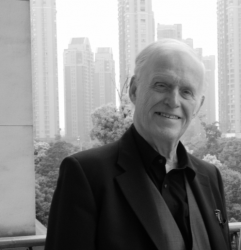To provide the best experiences, we use technologies like cookies to store and/or access device information. Consenting to these technologies will allow us to process data such as browsing behaviour or unique IDs on this site. Not consenting or withdrawing consent, may adversely affect certain features and functions.
The technical storage or access is strictly necessary for the legitimate purpose of enabling the use of a specific service explicitly requested by the subscriber or user, or for the sole purpose of carrying out the transmission of a communication over an electronic communications network.
The technical storage or access is necessary for the legitimate purpose of storing preferences that are not requested by the subscriber or user.
The technical storage or access that is used exclusively for statistical purposes.
The technical storage or access that is used exclusively for anonymous statistical purposes. Without a subpoena, voluntary compliance on the part of your Internet Service Provider, or additional records from a third party, information stored or retrieved for this purpose alone cannot usually be used to identify you.
The technical storage or access is required to create user profiles to send advertising, or to track the user on a website or across several websites for similar marketing purposes.
 Britain’s digital sector is growing at six times the pace of the country’s other industries, according to new research from Tech Nation. According to the annual study, technology businesses contributed around £149 billion to the UK economy in 2018, nearly 8 percent of GDP. Since 2017 staff numbers at digital companies have risen by 40 percent to 2.9 million, nearly tenth of the total UK workforce. (more…)
Britain’s digital sector is growing at six times the pace of the country’s other industries, according to new research from Tech Nation. According to the annual study, technology businesses contributed around £149 billion to the UK economy in 2018, nearly 8 percent of GDP. Since 2017 staff numbers at digital companies have risen by 40 percent to 2.9 million, nearly tenth of the total UK workforce. (more…)













 The number of women aged between 60 and 64 in work has increased by 51 percent since the 1995 Pensions Act came into effect which increased the female state pension age from 60 to 65 since 2010, claims research from
The number of women aged between 60 and 64 in work has increased by 51 percent since the 1995 Pensions Act came into effect which increased the female state pension age from 60 to 65 since 2010, claims research from 




 A gap exists between the way leaders and employees view progress toward equality in their organisations, according to new research from
A gap exists between the way leaders and employees view progress toward equality in their organisations, according to new research from 














March 17, 2020
Pandemic highlights precarious reality of workplace legislation
by Tony Wilson • Comment, Legal news